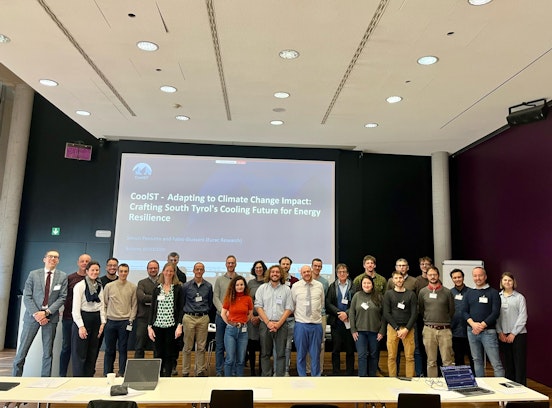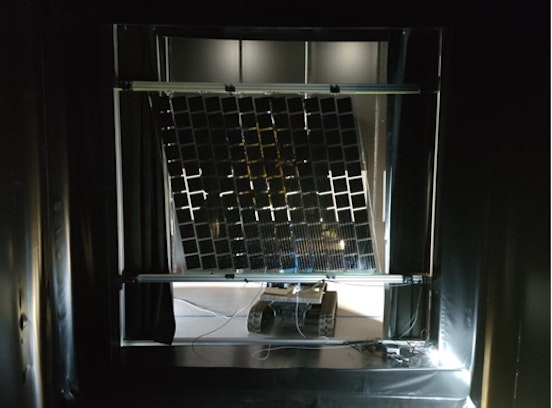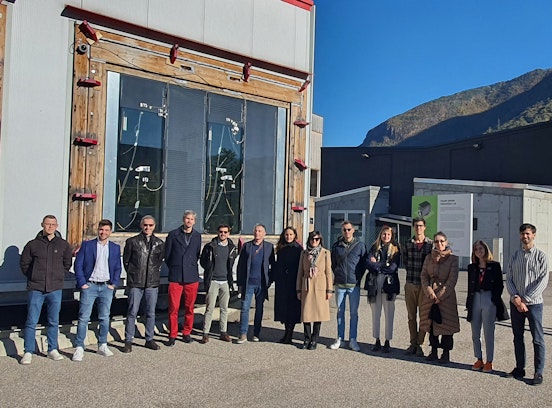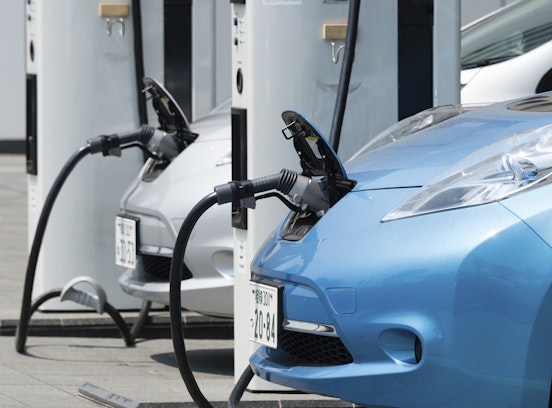Institute for Renewable Energy - Overall energy system modelling and e-mobility - News & Events - New Study Compares Optimisation and Simulation Approaches for Municipal Energy System Modelling
New Study Compares Optimisation and Simulation Approaches for Municipal Energy System Modelling
Researchers from Aalborg University and Eurac Research Investigate the Impact of Different Modelling Approaches on Energy System Scenarios
A new study published in the journal Energy, Elsevier, compares two distinctively different approaches to energy system modelling in the context of municipal energy system scenarios – i.e., the optimisation and the simulation approach.
The study highlights the importance of considering the potential consequences of the choice of modelling approach when developing future energy system scenarios. While existing literature on energy system scenarios in a municipal context contains several reviews and technical classifications of existing tools, limited comparison and discussion on the applicability of simulation and optimisation approaches exist. The authors hope that their study will contribute to a better understanding of the impact of different modelling approaches on energy system scenarios and inform future research in this area.
The study found that both the optimisation and simulation approaches have their strengths and weaknesses. The optimisation based on multi-objective approach provides a more complete picture of all possible Pareto optimal solutions, but without any inherent explanations or understanding of the conclusions to draw from the results. The downside of MOO is that significant post-processing of the results is needed to understand the occurring energy system interactions. On the other hand, the simulation approach allows for a more user-guided and structured process of scenario design, which can lead to a better understanding of technological interactions obtained from the process of modelling.
The authors suggest that future research should focus on developing hybrid approaches that combine the strengths of both modelling approaches to improve the accuracy and efficiency of energy system scenarios.
Link to the complete paper










